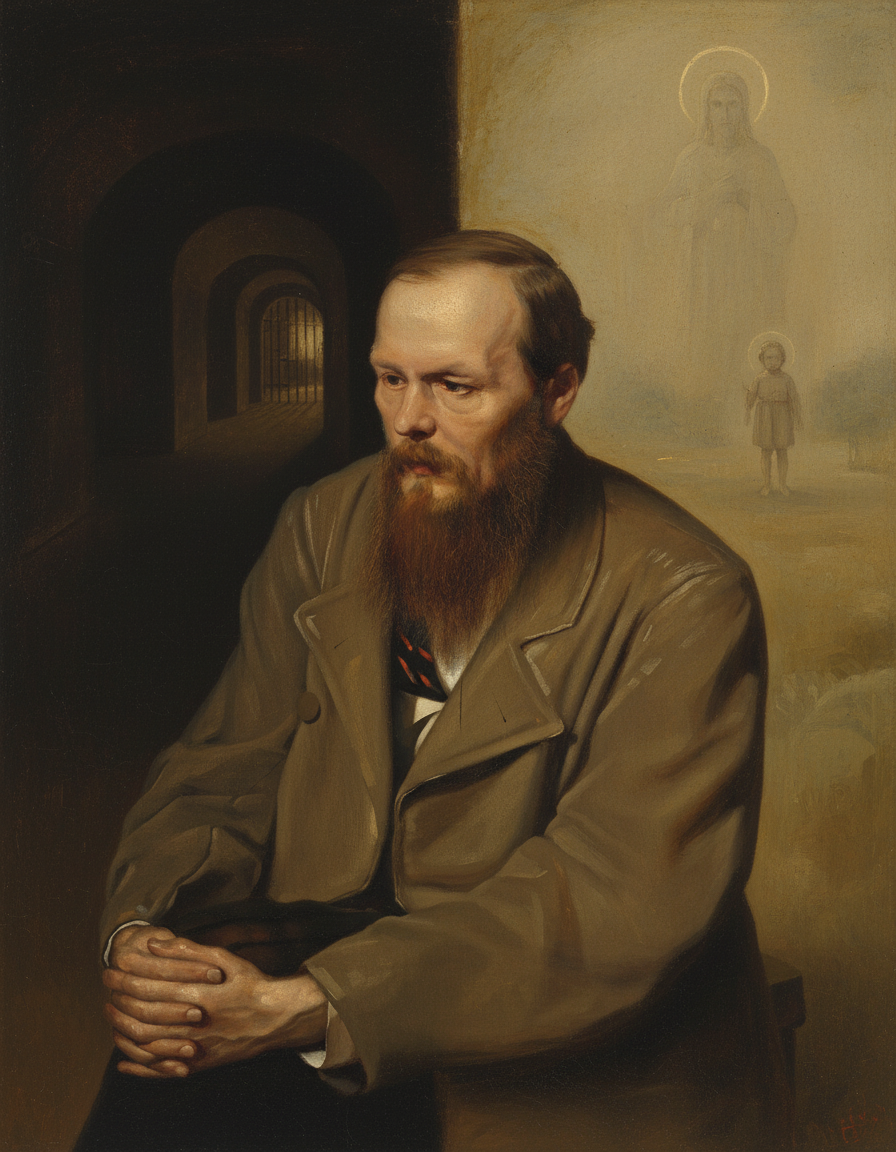~ a community of Jungian thought and a forum for individual & collective growth ~

_svg%20(2)%20(1).png)
(207) 741-3940 info@mainejungcenter.org 183 Park Row, Brunswick, ME 04011

Would you like email updates?
We'll email you a digest of our upcoming programs and special events~

 Jung, AI and Psychological Integrity with Glen SlaterFri, Mar 06Virtual Lecture
Jung, AI and Psychological Integrity with Glen SlaterFri, Mar 06Virtual Lecture
 Jung’s Myth of Consciousness in the Digital Age with Glen SlaterSun, Mar 08Virtual Workshop
Jung’s Myth of Consciousness in the Digital Age with Glen SlaterSun, Mar 08Virtual Workshop
 Film Night: Fyodor Dostoevsky: The Shattered Dreamer with Jim BlalockFri, Mar 13Virtual Film Night
Film Night: Fyodor Dostoevsky: The Shattered Dreamer with Jim BlalockFri, Mar 13Virtual Film Night
 The Jungian Interpretation of Crop Circles with Steve KercelSun, Mar 22Virtual Lecture
The Jungian Interpretation of Crop Circles with Steve KercelSun, Mar 22Virtual Lecture
 Film Night: Artificial Intelligence is our Ultimate TestFri, Apr 03Virtual Film Night
Film Night: Artificial Intelligence is our Ultimate TestFri, Apr 03Virtual Film Night
 Ladies of the Lake: The Women of King Arthur's Court with Margaret JonesSun, Apr 12Virtual Journey
Ladies of the Lake: The Women of King Arthur's Court with Margaret JonesSun, Apr 12Virtual Journey
Your vision will become clear only when you can look into your own heart. Who looks outside, dreams; who looks inside, awakens.
C.G. Jung

At the Maine Jung Center, people from all walks of life are drawn together to explore psychological insights, development of consciousness and growth, and enjoy continuing education for the human spirit. We are profoundly grateful for the continued support of our members, whose annual membership fees and donations keep our programs strong and our program fees accessible to all. We invite you to join our vibrant community!
Ready to take a deep dive?
Digital Archive of Jungian Knowledge

Full Membership to the Maine Jung Center grants you access to the Maine Jung Center's Digital Archive of Jungian Knowledge. This archive offers a fascinating set of lectures and presentations that are sure to deepen your knowledge of Jungian ideas.